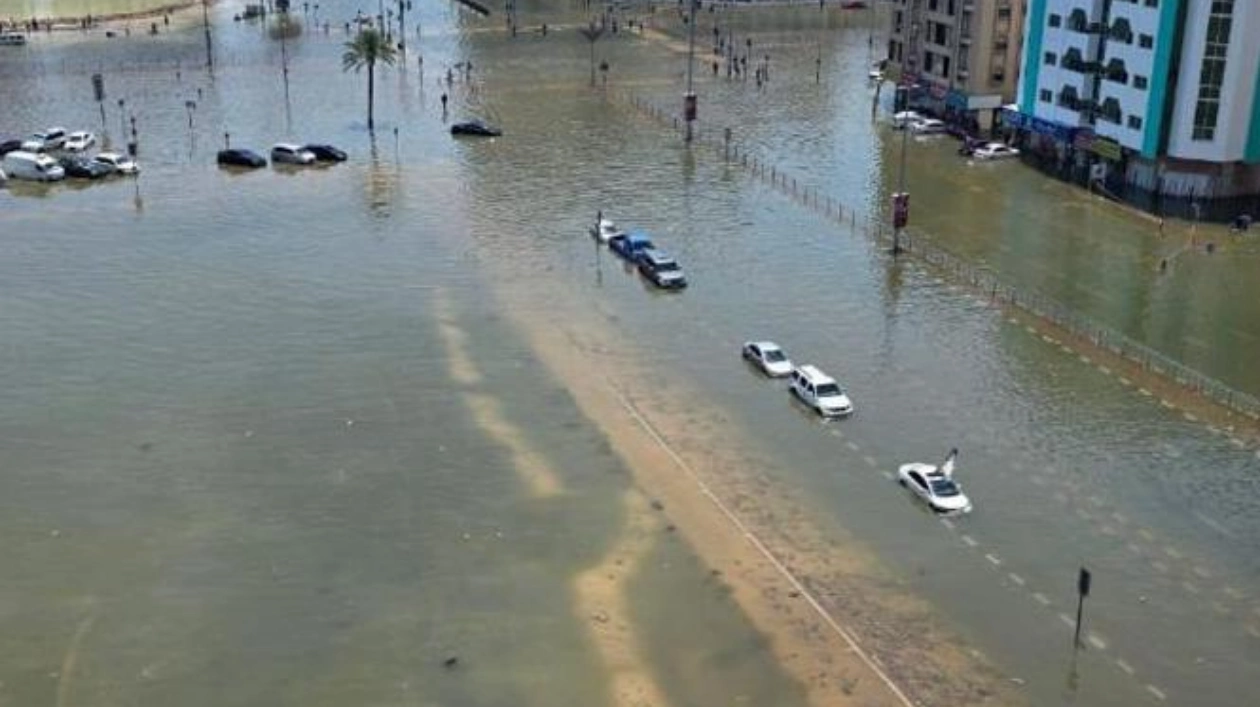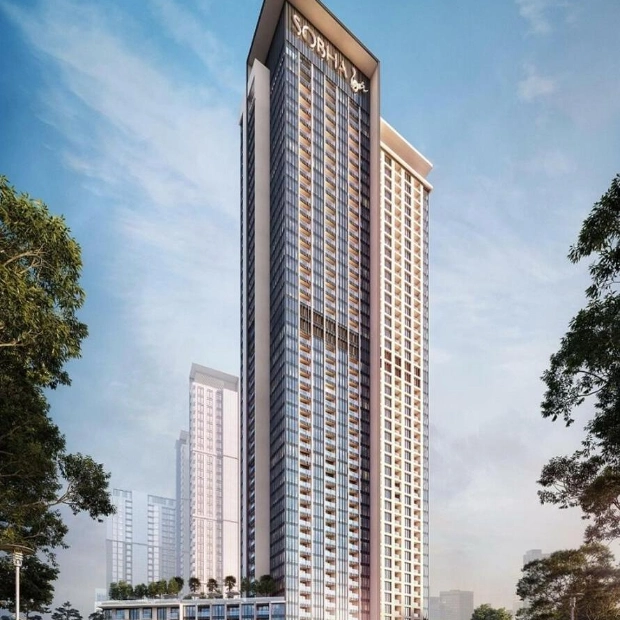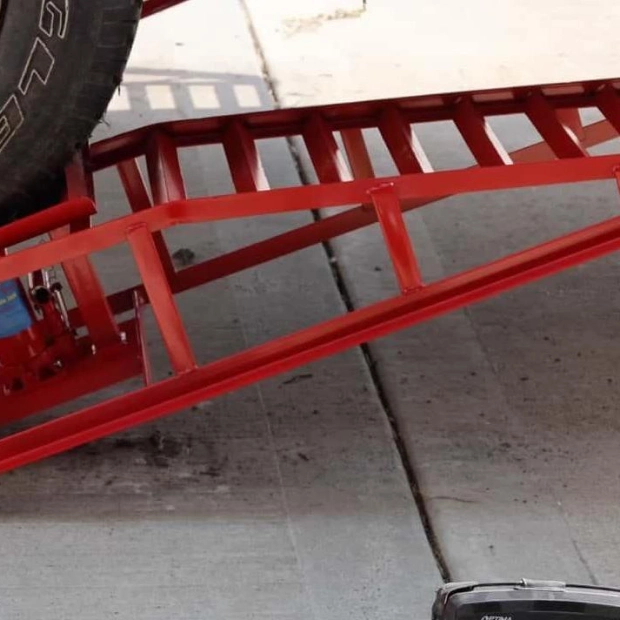Khaleej Times has discovered that numerous insurance claims, ranging from minor to significant, are still unresolved in the UAE, with fresh claims still being submitted two months after the historic rainfall. The country faced its heaviest rains in 75 years on April 16-17, causing extensive damage to properties and vehicles. Industry leaders report that disputes are common, particularly over substantial claims, as many flooded cars were deemed total losses. Moin ur Rehman, Executive Director of Unitrust Insurance Broker, noted that the processing of small flood-related claims in the UAE continues, with a considerable number still being lodged, mainly for motor and property insurance. He explained, 'There are still many claims being submitted, particularly for property and motor insurance, which has greatly impacted insurers. Although not yet complete, the processing of these claims is progressing. Insurers are still resolving small claims related to the April rains in the UAE.' Toshita Chauhan, Business Head for Health and Motor Insurance at Policybazaar.ae, stated that it is unlikely that most small car insurance claims from the April 16 rains have been settled yet. She attributed this to an unprecedented number of claims, overwhelmed repair shops, numerous claim verifications, damage assessments, unavailable parts, and potential coverage disputes. Avinash Babur, CEO of Insurancemarket.ae, mentioned that despite expedited claim approvals by insurers, the high number of vehicles requiring repairs has resulted in extended wait times at garages, exacerbated by the simultaneous demand for non-flood-related repairs, which are also delayed due to full workshop capacities. Disputes have also arisen over large claims, particularly those related to construction and property damage, and instances where customers did not adhere to criteria for driving in flooded areas. Babur emphasized that insurers strictly enforce policies against driving through floodwaters, which is seen as a violation of safe driving practices and typically voids insurance coverage. He noted that claims are often contested when evidence shows the vehicle was driven deliberately through hazardous conditions. Disputes primarily focus on the cause and timing of the vehicle damage. For large claims, insurers are especially thorough in investigating whether vehicles were intentionally driven through flooded streets. Disagreements often occur when insured parties dispute the findings of insurers' investigations, arguing that the damage happened under unavoidable circumstances or was not directly related to their driving decisions during the rainfall. Moin ur Rehman added that the heavy rainfall led to severe damage, potentially resulting in lawsuits against building experts for issues such as flooding and structural deficiencies. He also mentioned that disputes have arisen due to insurers denying claims, especially when customers did not comply with certain criteria, such as driving through flooded areas. Large-scale claim disputes include construction-related issues such as structural flaws, poor drainage, and design and supervision shortcomings. Misunderstandings about the differences in coverage between comprehensive and third-party plans are another reason for claim rejections; these exclusions are particularly common. Toshita Chauhan noted that disputes are occurring around large car claims as insurance companies argue whether the rain was the sole cause of damage, sometimes claiming that pre-existing conditions like rust, dents, or mechanical issues contributed to the overall damage. In some cases, the insurance company also cited driver negligence, such as driving through flooded areas deemed unsafe or ignoring warnings, which falls under policy exclusions, leading to disputes. Other reasons for disputes include failure by policyholders to provide proper documentation to support their claims and disagreements over the extent of damage.

Text: Lara Palmer
19.06.2024
Two Months On, Disputes and Delays Plague Insurance Settlements Following Heavy Rains





